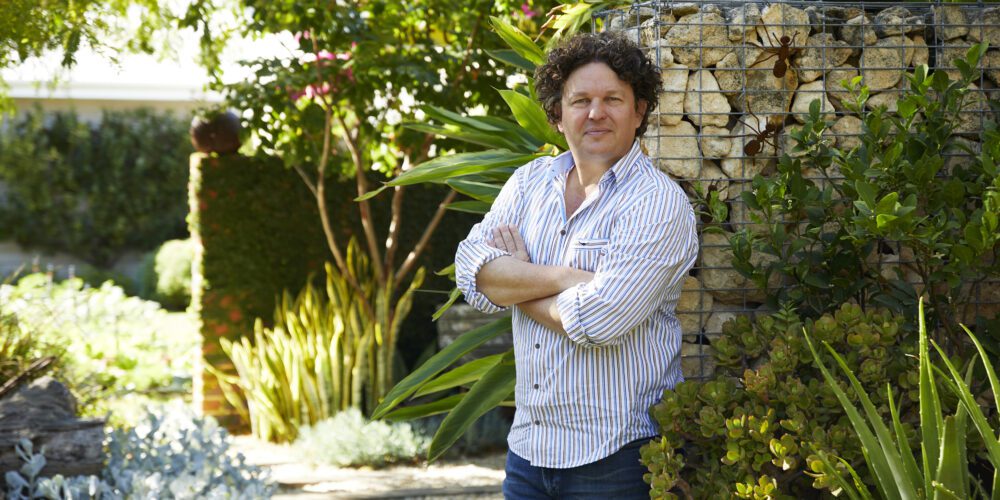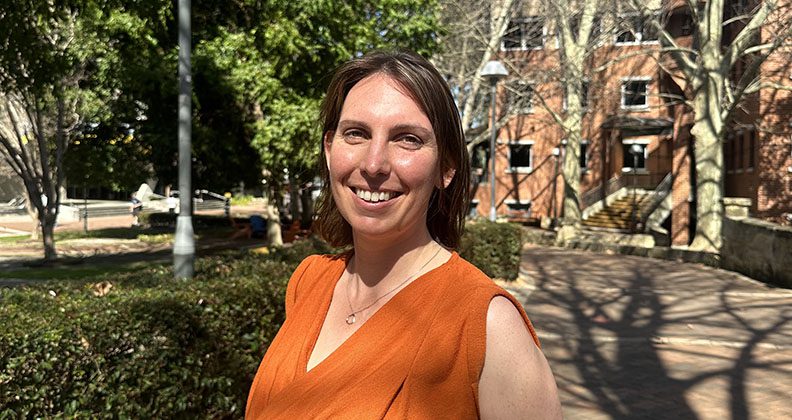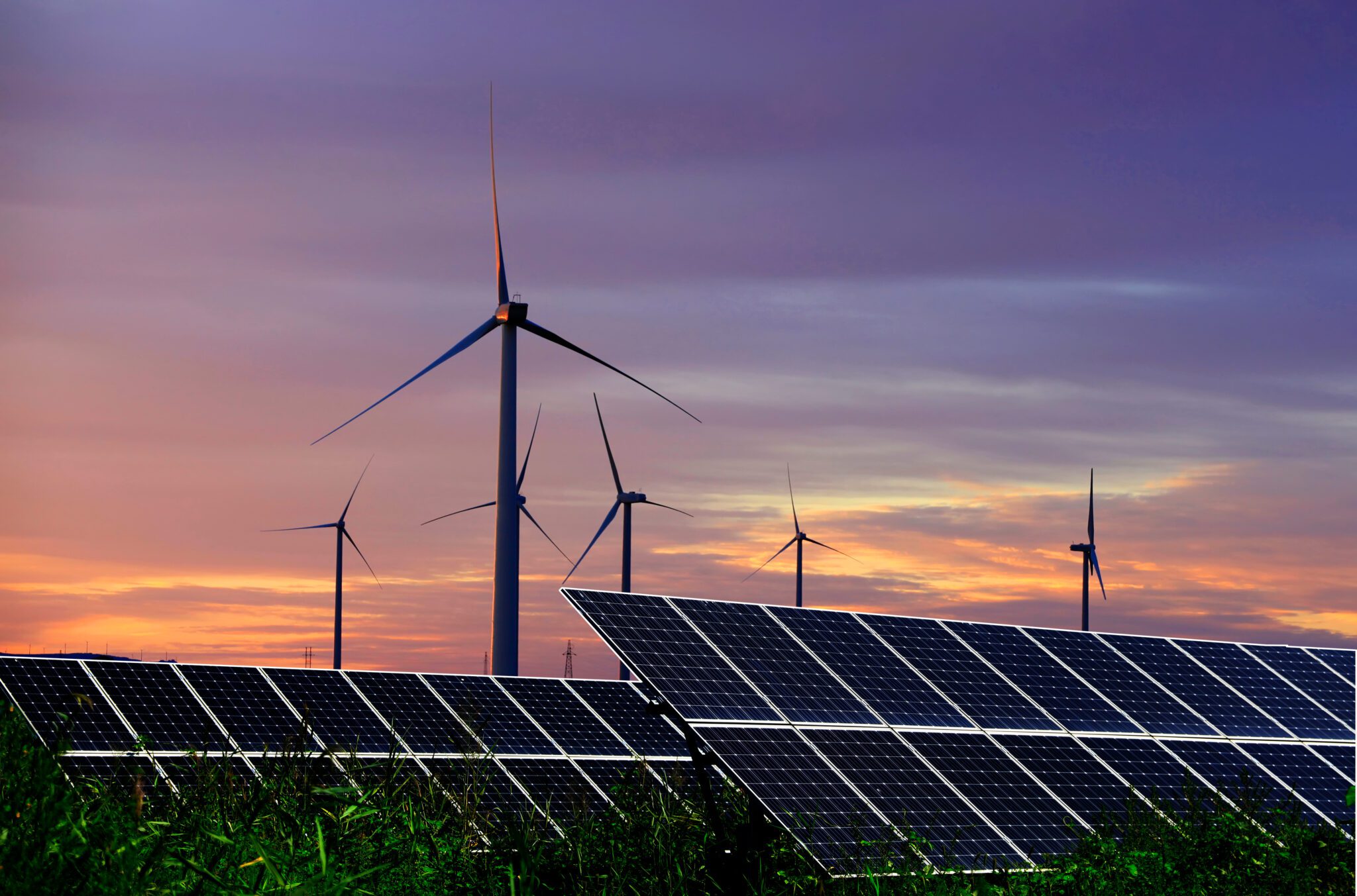From energy to skincare, sustainability seems to be everywhere. But what does it actually mean? You may know sustainability has something to do with practising habits that are good for the environment and good for humanity, but how does that happen at scale? How can societies, industries and governments practise sustainability in ways that are equitable and economical?
To answer these tough questions, Josh Byrne and Saf Flatters joined us on our podcast, The Future Of. They explained sustainability and discussed how a Curtin short course called the ‘Sustainability Challenge’ is uniting students, academia and industry to create realistic solutions to shared sustainability problems.
Listen to the full conversation: The Future Of: Sustainable Futures.
About our guests
Josh Byrne’s CV includes Dean Sustainable Futures at Curtin, environmental scientist, urban designer, Gardening Australia presenter and Member of the Order of Australia. In short, his sustainability expertise is significant.

Saf Flatters participated in this year’s Sustainability Challenge. She is a qualified electrician and is now studying Data Science at Curtin to “bring structure to complexity” when it comes to our energy future.

First off, what does a sustainable future mean?
Josh: For me, a sustainable future is one where humanity can prosper in a fair and just way. For humanity to do well, we all have to do well.
Not only is that the right thing to do from an ethical perspective, but it’s also just common sense – if one group of people have more than others, you’re never going to have balance and symmetry.
But then there’s the ‘more than human’, a term that’s used to capture all those other incredible parts of this planet that we share, and we need to make sure that the more than human can thrive as well.
It’s realising that as one species, we live within a very intricate web of life. And if we don’t recognise that and we allow it to unravel, well, that’s at our own peril.
Watch the video, ‘What is sustainability’
Check out this short video by partner university UCLA that explains sustainability in under four minutes.
What is the Sustainability Challenge?
Josh: The Sustainability Challenge is an intensive, eight-day program where students can engage directly with sustainability challenges that matter.
It’s an immersive, hands-on experience that puts students in direct contact with government, industry and university academics to tackle some of the biggest global issues at a local scale.
It’s an environment where students can explore ideas, engage in deep learning and have a sense of ownership over sustainability problems.
Saf, what was your experience of the Sustainability Challenge?
Saf: The experience was incredible – I got to work with students from courses I didn’t even know existed at Curtin. My group’s challenge was to come up with a strategy to decentralise power and water at Curtin, so we can become more climate resilient as water shortages and brownouts (temporary power reduction) become more common.
We had just eight days to work with a range of professionals to understand their perspective and experience of the problem – and the limitations they must work within – and then draw on all that insight to come up with a solution.
I got to dive into peer-to-peer energy network trading and discovered the progress local industry had made with this – the ‘insider goss’, as it were.
It really drove home to me that by working with people from different backgrounds we can discover more unique solutions than working in siloes.
Watch student highlights from this year’s challenge
Should industry and government be held more accountable when it comes to sustainability action?
Josh: In the Sustainability Challenge, we encourage students to recognise some of the reasons why we’ve ended up where we are.
Very rarely is it because there’s some ‘doctor evil’ industry that’s intentionally making all this happen or capitalising on all the wealth.
And rarely is it a government department to blame because people are not doing their job. We try and unpack the issues with a bit more sophistication.
One of the things we do is explain to the students where their challenge sits within jurisdictional boundaries; to explore what’s already happening in the space with government strategy and policies, and what levers can be pulled to accelerate rapid change?
How important is hope when practising sustainability?
Josh: Hope is an important thing to keep hold of. There’s a lot of doom and gloom out there in the world, and it’s easy to be overwhelmed by issues like climate change, but there are huge opportunities for us to apply new tools to tackle things in ways that we have not been able to do before.
And we have to be optimistic. Humanity has always been optimistic – it’s why we’re still here.
There is this sense of wanting to be positive, to do things, and that is very much at the heart, for me, of what we mean by sustainable futures.
Find out more about the Sustainability Challenge: Listen to the full episode.



